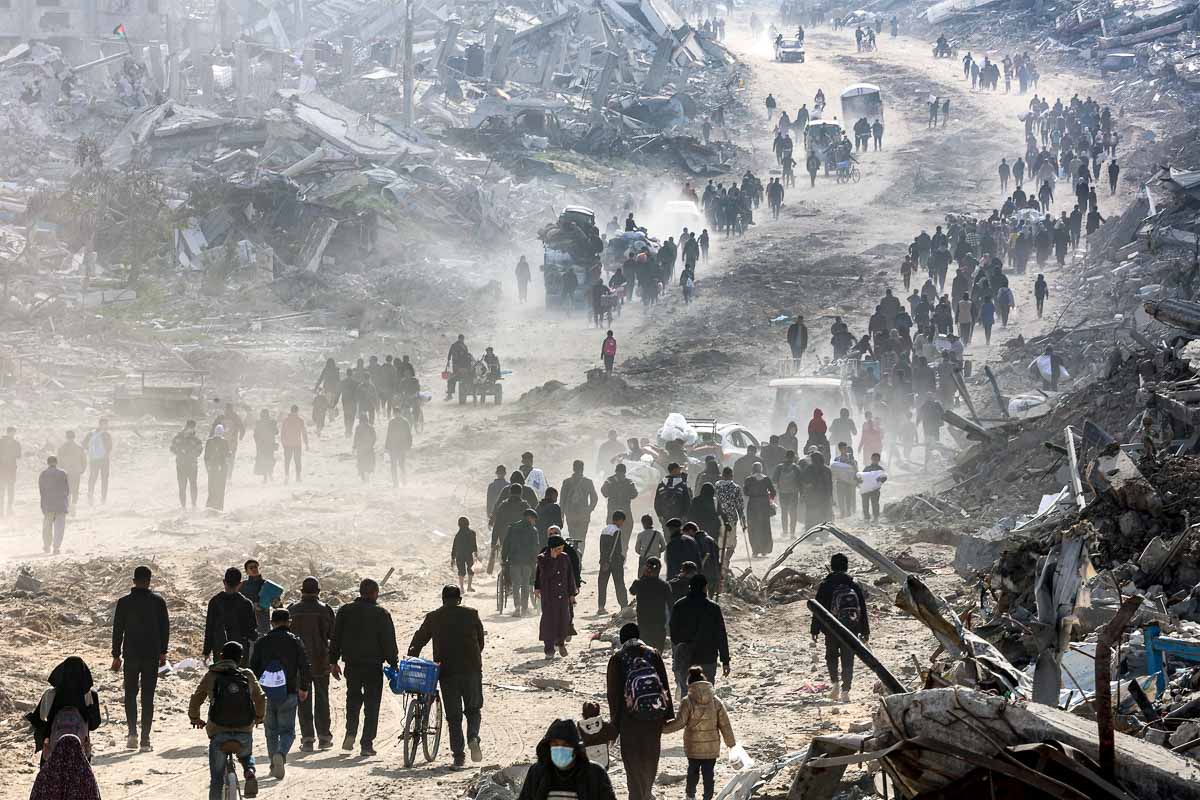Yesterday, Hamas agreed on some parts of United States President Donald Trump’s 20-point plan for a ceasefire agreement in Gaza, and expressed that it would seek negotiations over several terms.
Hamas approved the release of all Israeli hostages, as well as the administration of Gaza by an independent body. What the group did not explicitly agree on is the disarmament process, analysis suggests.
The release of hostages includes both living hostages and the remains of those killed during the Israeli escalation.
In its statement, Hamas thanked Arab, Islamic, and international efforts and those of Trump in calling for an end to war on Gaza, the exchange of prisoners, and the immediate entry of aid.
The Trump administration is yet to respond to Hamas’s seeking for negotiations, with the 20-point plan containing numerous items that were considered problematic by international commentators.
The Palestinian Islamic Jihad expressed that Hamas’s approval of the plan also expresses the position of other Palestinian groups.
In his statement after receiving the approval of Hamas, Trump called on Israel to stop attacking Gaza.
Israeli Attacks Continue
Israeli forces have killed at least 20 people in Gaza since dawn today, hospital officials have told Al Jazeera. The platform also reported that Israeli forces warned Palestinians against returning to Gaza City, describing it as a “dangerous combat zone.”
In previous ceasefires in Gaza, Lebanon, and the region, Israel has repeatedly escalated strikes prior to the going-into-effect of the agreement. Palestinians face the threat of escalated attacks in the upcoming days, as well as the threat of Israel not respecting ceasefire provisions, a direction Israel has recurrently taken.
International Reactions
Palestinian Authority (PA) President Mahmoud Abbas welcomed Trump’s statement on ending the war in Gaza for what they entail in terms of releasing hostages and adopting a constructive approach. It remains unclear what role the PA will have in Gaza’s governance, even if it finalizes the reform program indicated in the 20-point plan.
Multiple states, both Arab and international, as well as international organizations, have welcomed Hamas’s partial approval of the plan, expressing hope for an end to Israeli attacks on Gaza and describing the development as a welcome step.
While many expressed hope in the plan and Hamas’s partial approval, the fate of people in the West Bank, other countries in the Middle East, across the globe, and in Gaza remains unclear as Israeli attacks continue to strike Lebanon, Yemen, Qatar, and others in blatant violation of sovereignty and fundamental human rights.
More recently, Israeli forces have arrested activists holding a wide array of nationalities who were on board the Global Sumud Flotilla to break Israel’s siege of Gaza.
Analytically, the lack of impunity and Israeli forces’ unabated attacks across the globe are likely to present little hope for lasting ceasefires and long-term humanitarian and development endeavors. The future of the region and world politics will depend on the actionable steps that leaders, states, and populations take globally and the influencing pressures that will impact dominant discourses and power dynamics.


